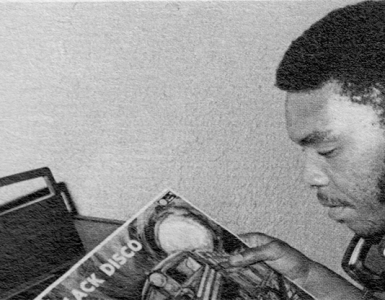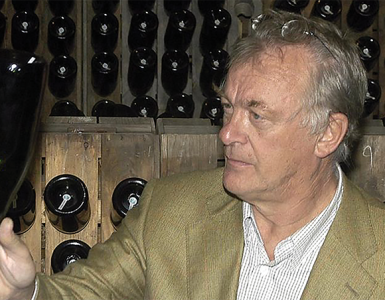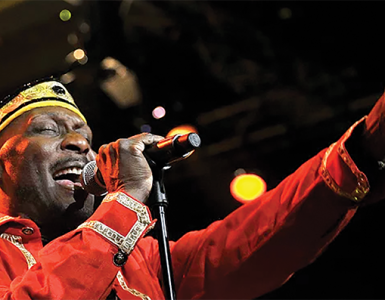Burden: Justice Mokgoro was one of the black women who, under apartheid, bore the burden of race, class and gender
By Monk Nkomo
The late Justice Yvonne Mokgoro was a champion of human rights and was steadfast in her view that regard for human dignity should be the bedrock of jurisprudence everywhere in the world.
In his eulogy to the late former Constitutional Court Judge, President Cyril Ramaphosa, who described Mokgoro ( 73) as a pioneer, also said she was an outstanding jurist and an icon of gender justice. Mokgoro, a celebrated member of the Order of the Baobab, was buried in Johannesburg on Thursday. She was honoured with a special official funeral which was attended by a number of dignitaries including Judges and cabinet ministers.
The first Black woman Judge to be appointed to the Constitutional Court upon its inception in 1994, Mokgoro’s life was seriously affected after being involved in a car accident near Kimberley in April last year. After a long struggle with the effects of the injuries she had sustained, she died at a Johannesburg hospital on May 5 this year.
‘’ The life of Justice Mokgoro was the life of untold numbers of Black women in this country under apartheid, who bore the triple burden of race, class and gender,’’ Ramaphosa said. Through her life and through her work, Imbokodo Justice Yvonne Mokgoro was a pioneer. In so many respects, her legacy was a tribute to resilience, to principled activism and to steadfastness, no matter how great the obstacle or how difficult the climb’’.
Reaching that pinnacle was not a simple progression. It did not come easy. It was the culmination of many years of hard work. She found her calling to become a human rights lawyer in the trenches of struggle, as a student activist and member of the African National Congress in the then Bophuthatswana, and later in the Northern Cape.
Her appointment to the Constitutional Court was the product of many years of both formal and self-study to better herself and to advance in her chosen profession, said Ramaphosa. It was the fulfilment of a dream in which she never lost faith, even while working in a host of different jobs, as a nursing assistant, a retail salesperson and as a clerk.
It was a progression from a successful career as a legal academic when she produced ground-breaking research on customary law. ‘’This all, at a time when our jurisprudence and case law around this subject were still evolving’’. Ramaphosa added that it was an achievement that followed decades of building a rigorous and demanding career.
‘’She sought to carve a path for herself at a time when the odds were stacked heavily against women, and against black women in particular. And yet she went forth with courage, with determination and with the humility that was her trademark.
It is because she understood these struggles so keenly, because she had experienced them first-hand, that Justice Mokgoro was such a passionate and ardent advocate for gender justice’’.
It was also the reason why she dedicated a substantial part of her time to training and mentoring young female lawyers. In its tribute to the late Justice, the International Commission of Jurists described her as an inspiration to the next generation of women lawyers. She brought this humanism and commitment to social justice to the bench.
In her judgment on the court’s very first case, the seminal State v Makwanyane matter involving the death penalty, she expanded on the principle of ubuntu, describing it as “one shared value and ideal that runs like a golden thread across cultural lines”.
‘’During her time on the bench, in the public interest work she engaged in after she retired in 2009, she was steadfast in her view that regard for human dignity should be the bedrock of jurisprudence everywhere. This understanding was brought to bear in the positions she held within the United Nations system.’’
The President said between 2016 and 2020, Mokgoro chaired the UN’s Internal Justice Council, which was tasked with ensuring independence, professionalism and accountability in the administration of the justice system of the UN.
In the aftermath of the killing of George Floyd in the United States in 2020, which gave birth to the global Black Lives Matter movement, the UN Human Rights Council set up an Independent Expert Mechanism to Advance Racial Justice and Equality in Law-Enforcement. Mokgoro was appointed as its first chair.
‘’As South Africa we are immensely proud that our jurists are held in such high regard internationally on matters of human rights, racial discrimination and gender justice. Alongside her fellow other justices, she affirmed that ubuntu was interwoven with the rights to life, to dignity and to equality.’’
Mokgoro wrote several judgments that advanced the socio-economic rights of society’s most vulnerable. Much of her academic research supported legal and policy transformation with respect to the rights of women and children. This work had a broad span, from the impact of social grants on the lives of indigent women, to issues around customary law, inheritance and succession.
She was both a witness to, and a champion of, the transformation of the bench. When she was appointed to the bench 30 years ago, there were approximately 165 judges. Of these, 160 were white men, three were black men, and two were white women. Today, 45 per cent of South Africa’s judges are women, 32 per cent are Black women.
Mokgoro was an exceptional jurist who, alongside her peers on the Constitutional Court, set the highest of standards for the new democratic state. ‘’They are standards we will continuously strive to uphold, now and into the future’’.

































